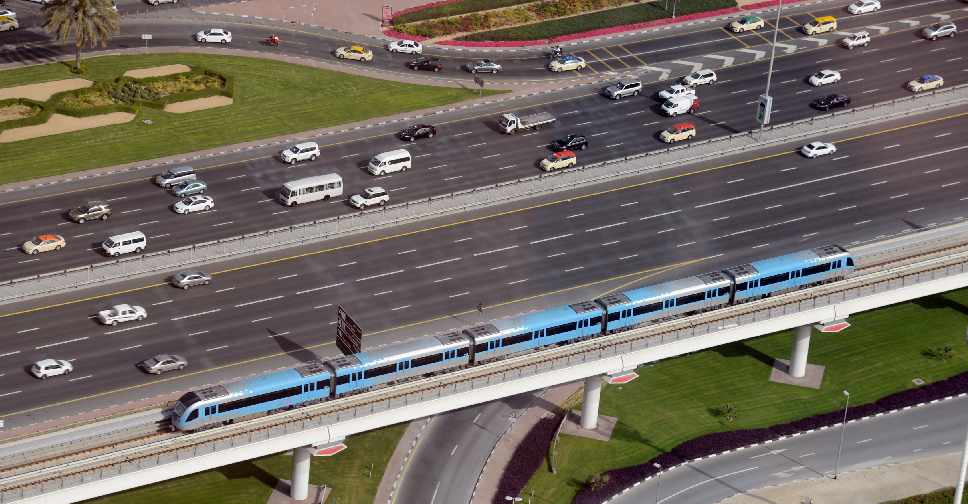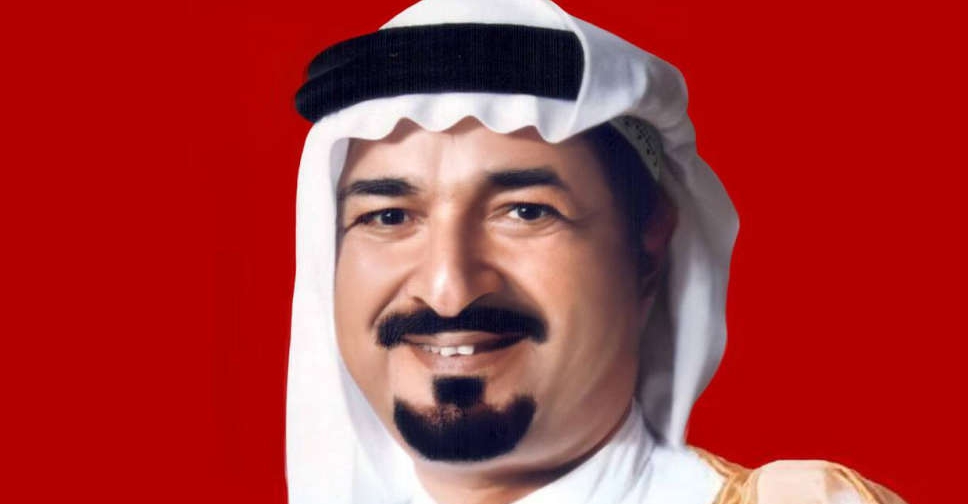
An oil shock may be lurking around the corner as the price bust has hammered investment in future supply, according to the International Energy Agency. “Historic” investment cuts taking place now increase the possibility of oil-security surprises in the “not-too-distant” future, Neil Atkinson, head of the IEA’s Oil Industry and Markets Division, said in Singapore on Wednesday. About $300 billion is needed to sustain the current level of production, and nations including the U.S., Canada, Brazil, and Mexico are facing difficulty in keeping up investments, he said. “We need a lot of investments just to stand still,” Atkinson said at the launch event of SIEW 2016. “There’s danger as we are reaching a point where we are barely investing upstream. If investment doesn’t resume in 2017 and 2018, we can see a spike in oil prices as oil supply can’t meet demand.” Companies from ConocoPhillips to Chevron Corp. and BP Plc have canceled more than $100 billion in investments, laid off tens of thousands of workers, slashed dividends and sold assets as oil sank below $30 a barrel to a 12-year low. With crude rebounding since mid-February to near $41, Atkinson said the worst may be over for prices as they have a floor “for the time being.” The Organisation of Petroleum Exporting Countries and other producers including Russia plan to meet in Doha next month to discuss limiting output to reduce a global oversupply. No Impact “The meeting may or may not take place,” said Atkinson. It’s seen as a gesture to show that there is stability and the impact it will have on actual supply structure will be “none whatsoever,” said Atkinson, who expects oil prices to average $35 to $40 a barrel this year. West Texas Intermediate oil for May delivery lost as much as 58 cents to $40.87 a barrel on the New York Mercantile Exchange and was at $41.01 at 6:36 p.m. Singapore time. Prices, which have declined for two years, may have passed their lowest point as shrinking supplies outside OPEC and disruptions inside the group erode the global surplus, the IEA said in its monthly market report on March 11. "You need to invest large sums of money just to maintain existing production and if you want to grow production to meet the demand growth that we’re expecting, that money has to come from somewhere and we’re seeing big cuts," Atkinson said in a separate interview at the event. The IEA was founded after the oil crisis of 1973-1974, initially to help countries co-ordinate a collective response to major disruptions in the supply of crude, according to its website. Market Balance U.S. crude stockpiles are at 523.2 million barrels, the highest level since 1930, according to data from the Energy Information Administration. Supply and demand will move closer to balance in the second half of this year, according to Atkinson. The oil market will be balanced in 2017 and stockpiles will fall from 2018 to 2021, Atkinson said. Global demand will grow 1.2 percent a year in the five years to 2021, compared with 1.7 percent annual growth in 2009 to 2015, he said. There will be "barely any supply to meet demand" if investments don’t resume in the next one or two years, said Atkinson. Apart from Saudi Arabia and one or two other Gulf state nations, there is little spare capacity around the world, he said. The risk of supply outages such as those in Nigeria and Iraq are “episodic” events due to political instability, something that may also affect other countries around the world as a result of low oil prices, according to Atkinson. Further ahead, Venezuela’s economic problems may lead to social and political unrest and the potential for supply disruptions in Libya remains a risk, he said. (By Sharon Cho and Serene Cheong/Bloomberg)
 DoH awards research projects over AED19 million to transform AD healthcare
DoH awards research projects over AED19 million to transform AD healthcare
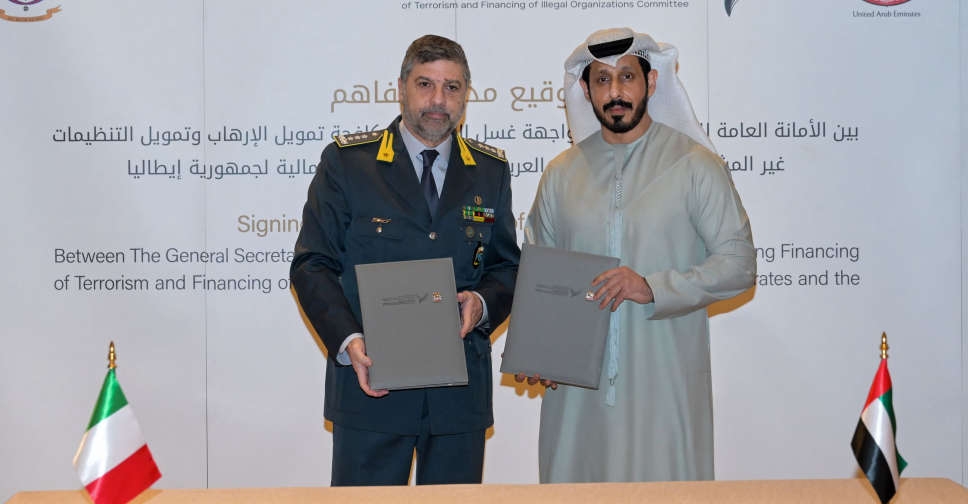 UAE, Italy sign MoU to combat financial, economic crimes
UAE, Italy sign MoU to combat financial, economic crimes
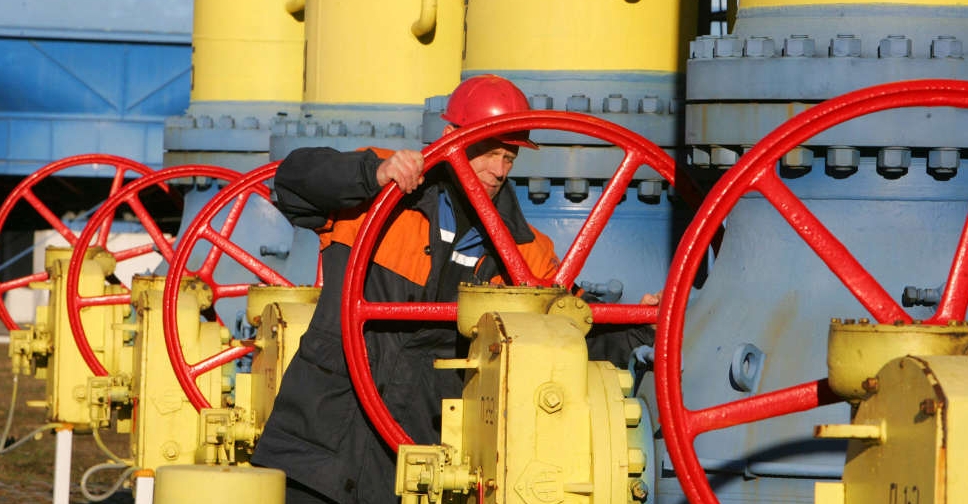 Putin says there is no time to sign new Ukraine gas transit deal this year
Putin says there is no time to sign new Ukraine gas transit deal this year
 New tax programme for government employees
New tax programme for government employees
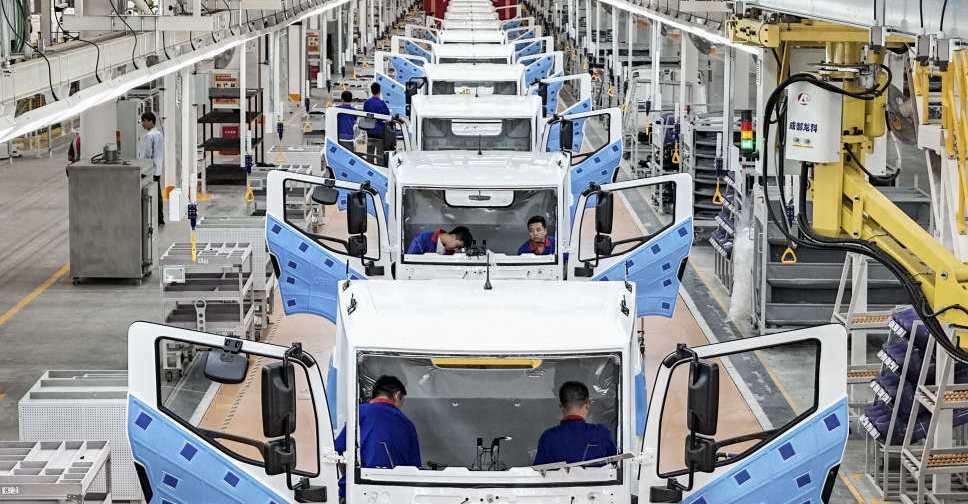 Brazil says workers at BYD construction site victims of human trafficking
Brazil says workers at BYD construction site victims of human trafficking


